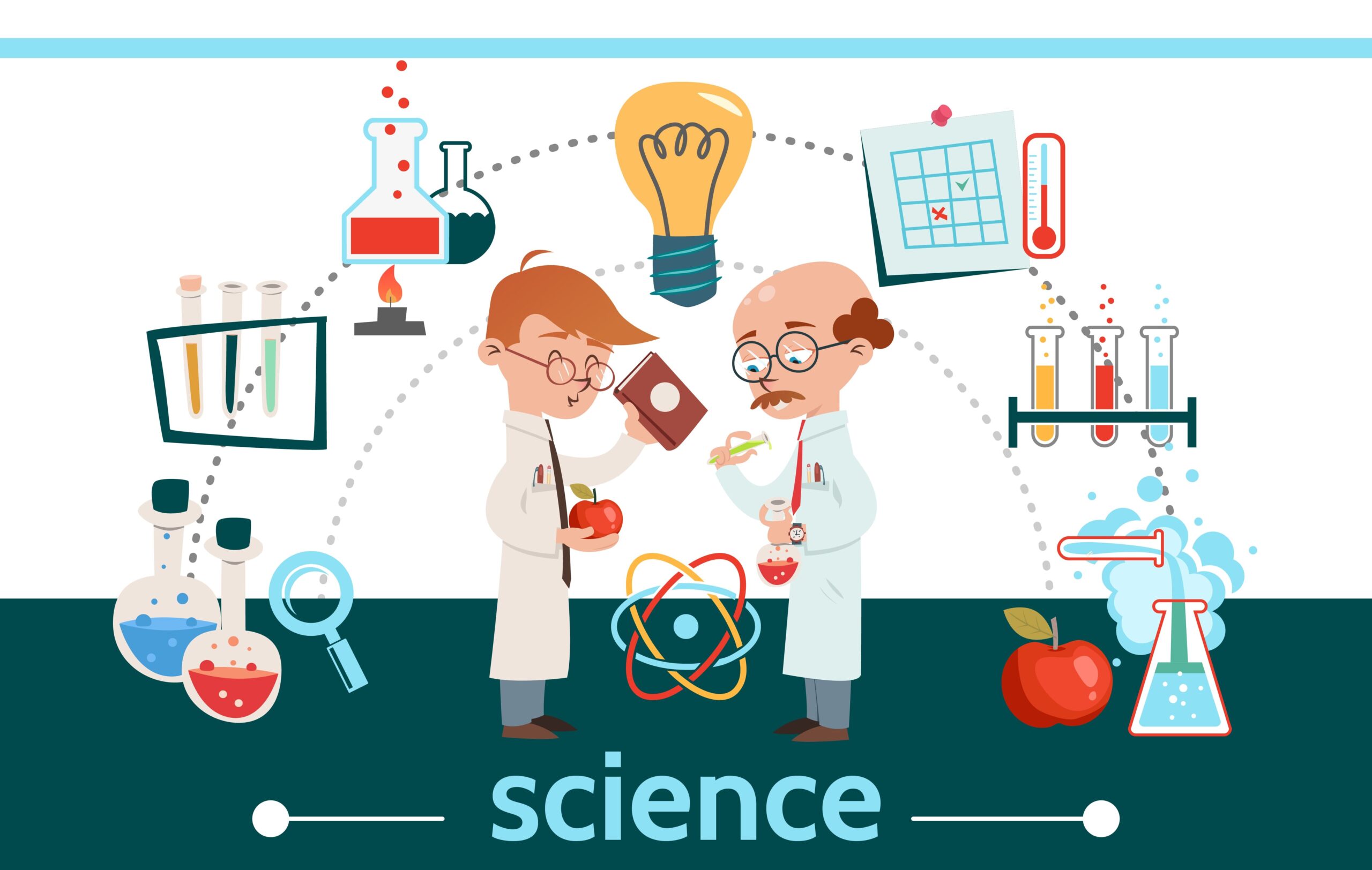Lab Manual Science Class 8

Course Content
1. Role of Lactobacillus bacteria in curd formation.
2. Observing how physical activity affects heart rate.
3. Demonstrating the magnetic effect of electric current by making a simple electromagnet.
4. Observing how magnets exert force without physical contact.
5. Showing how pressure increases with depth in a liquid.
6. Demonstrating that liquids have fixed volume but no fixed shape.
7. Separation of salt and sand from a mixture using filtration and evaporation.
8. Comparing the solubility of sugar, salt, and chalk powder in water.
9. Observing the difference between saturated and unsaturated solutions using sugar and water.
10. To prove the laws of reflection using a plane mirror and a torchlight.
11. Comparing image formation by convex and concave lenses using a candle as the object.
12. Building a visual model of a food chain using chart paper and pictures of organisms, and understand feeding relationships in an ecosystem.
13. Observing asexual reproduction in plants.
Student Ratings & Reviews

No Review Yet